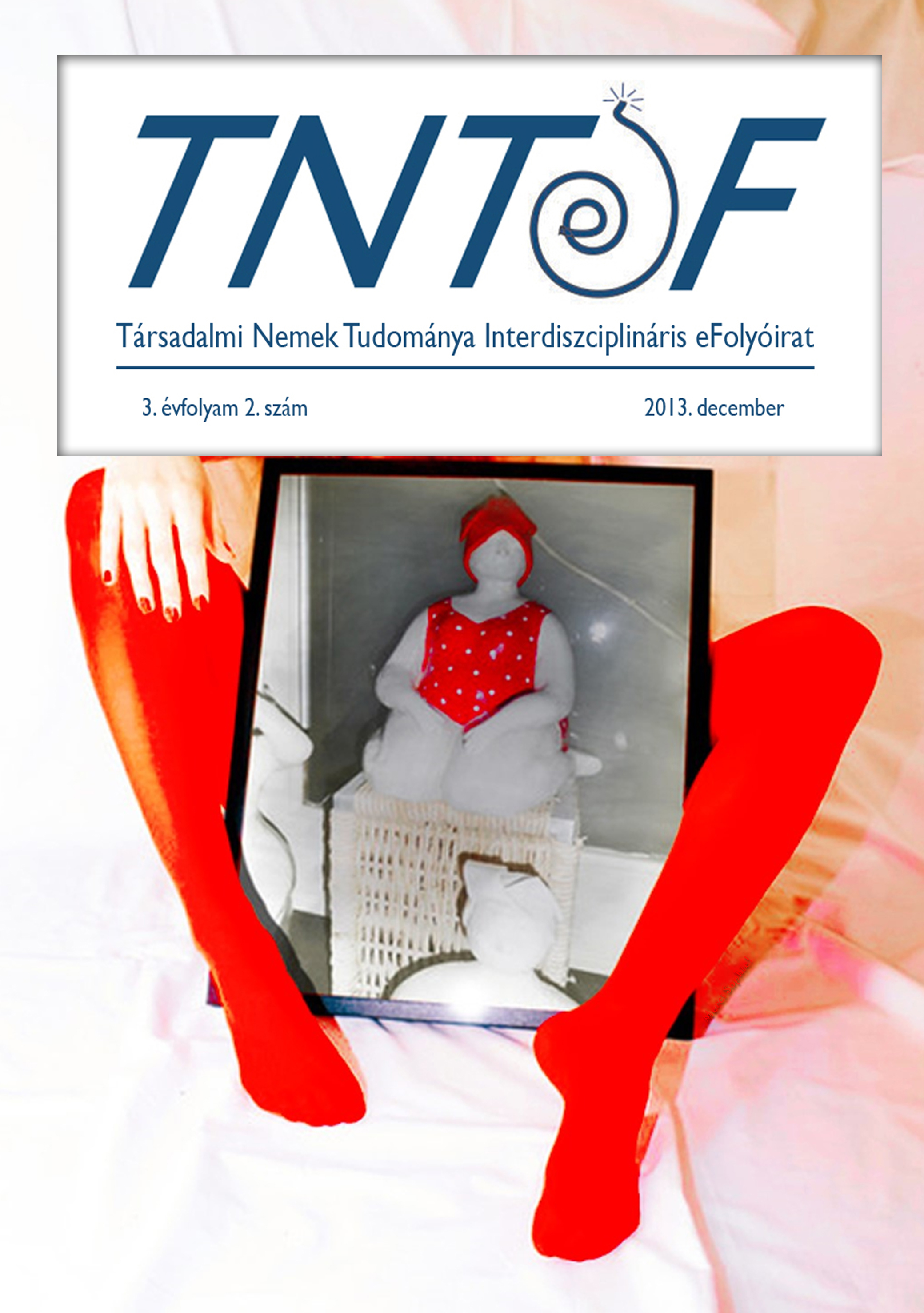Tattooing As the Embodied Practice of Female Self-Expression
Main Article Content
Abstract
In the last decades tattooing in the contemporary mainstream milieu of Western societies has been redefining various social boundaries. The changes to the perception of tattooing (and the body itself) and the positive representation thereof made this reemerging ancient body art practice popular today. This significant favorable change in the perception of tattoos made it possible for heavily tattooed women to express themselves visually through their skin. Drawing on two semi-structured interview I made with Hungarian woman tattoo artists, I explore how tattooing is becoming a popular and empowering body art form with self-explorative potentials for heavily tattooed women.
Article Details
How to Cite
Gorzás, Zsófia Mária. 2013. “Tattooing As the Embodied Practice of Female Self-Expression”. Interdisciplinary EJournal of Gender Studies 3 (2):95-116. https://ojs.bibl.u-szeged.hu/index.php/tntef/article/view/33699.
Issue
Section
Student Articles

